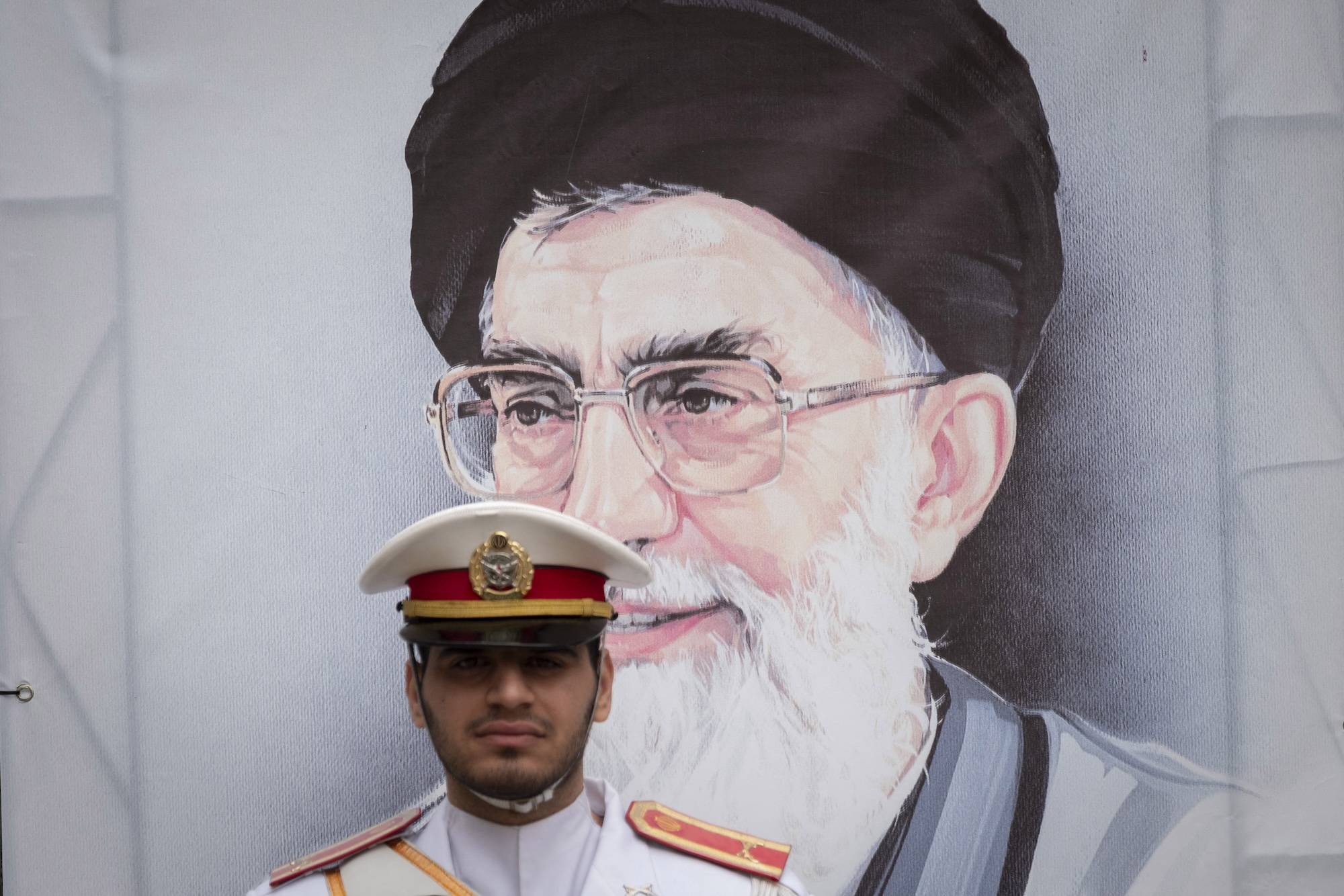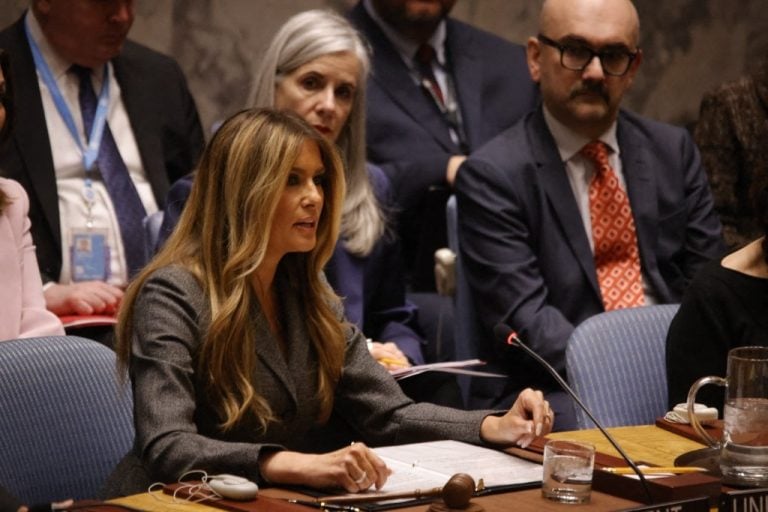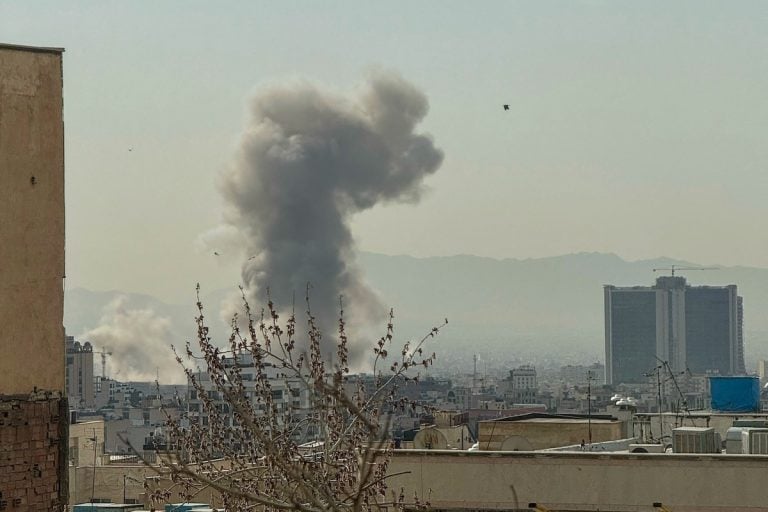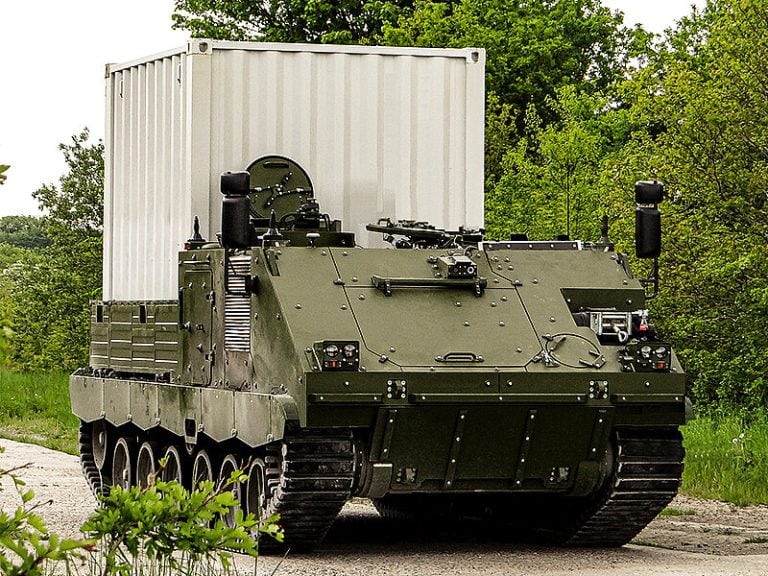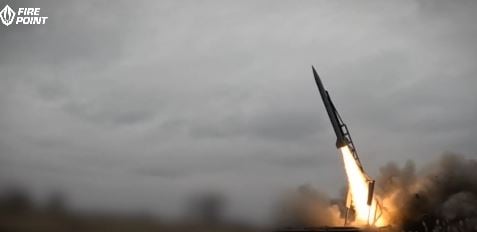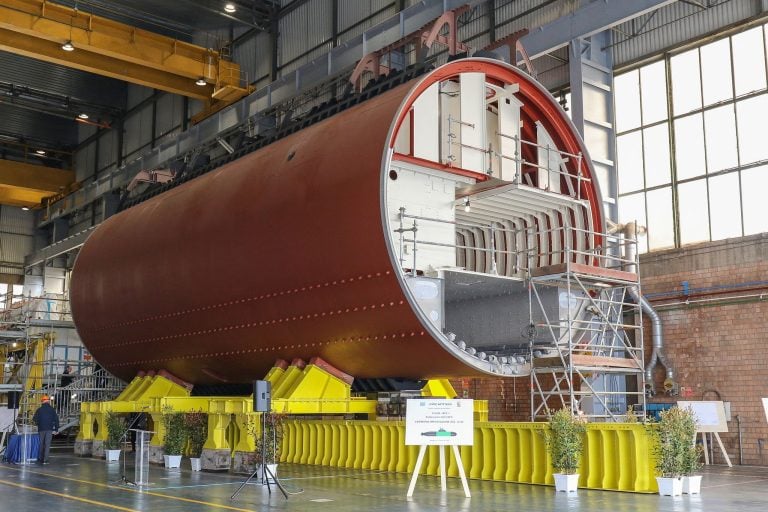In a dramatic escalation of tensions, Israeli Prime Minister Benjamin Netanyahu has suggested that ongoing military strikes against Iran could catalyze an internal revolution akin to the fall of Bashar al-Assad’s regime in Syria. With substantial military targets in Iran already impacted, Netanyahu has even hinted at the potential targeting of Iran’s supreme leader, Ayatollah Ali Khamenei. This comes in the wake of Israel’s recent actions that have eliminated several high-ranking Iranian military officials due to past covert operations.
The backdrop to these developments includes a belief among Israeli officials that the anticipated collapse of Assad’s regime in 2024, driven by a Sunni-led militant group, might press Iran to hasten its push for nuclear armament. Despite this scenario, analysts caution against the expectation of a similar uprising in Iran, noting that while the regime faces significant unpopularity and widespread resentment, discontent does not equate to the imminent downfall of a government.
Iran has been experiencing a surge of protests, particularly around issues related to women’s rights, which have met severe governmental repression since mid-2022. Demographically, over 60% of Iran’s population is under the age of 30, and many young citizens are increasingly detached from the hardline Shi’a Islam that the regime enforces. Surveys indicate that around three-quarters of Iranians would prefer a secular government, reflective of views held in more democratic nations. Nonetheless, the situation is complicated by the regime’s entrenched ideological and military structures.
The Islamic Revolutionary Guard Corps (IRGC), with its robust force of 150,000 active personnel, is deeply indoctrinated in the regime’s theocratic principles and stands in stark contrast to Assad’s military, which was already frail and relied heavily on disenchanted conscripts. In Syria, a united opposition dramatically shifted power dynamics, but no analogous rebel faction currently exists in Iran to mount a significant challenge to the IRGC’s authority or to unify disparate anti-regime forces.
Netanyahu seems to be pursuing a strategy of “decapitation” against the Iranian leadership, despite the heavy risks associated with such an approach. A recent incident saw Israeli hackers commandeering Iran’s state television for a brief period to promote calls for rebellion, yet historical parallels hint at the potential for catastrophic backlash. The aftermath of the 1991 Gulf War remains a stark reminder of what can happen when uprisings are instigated without adequate support; many rebels were consequently massacred by Saddam Hussein’s forces post-rebellion.
Furthermore, Netanyahu’s assertive rhetoric regarding Khamenei’s potential downfall may have the dual purpose of influencing American policymakers while encouraging militaristic responses against Iran’s nuclear infrastructure, notably the Fordow facility. As discussions in Washington heat up, former political figures have weighed in on the possibility that attacking Fordow could not only disrupt Iran’s nuclear ambitions but potentially collapse the regime entirely.
However, these narratives have garnered skepticism. Experts warn that any direct Israeli or U.S. strike against Khamenei could catalyze a heated and violent response, including domestic terror attacks within the United States and an intensification of hardline support for the regime in Iran. Political analysts suggest that even a successful strike on Fordow may not neutralize Iran’s nuclear capabilities, as remnants of enriched uranium could still enable swift weapon production.
Rather than pursuing military solutions, analysts advocate for a diplomatic strategy that includes purchasing Iran’s enriched uranium supply while providing modest quantities of nuclear fuel for civilian use. This method would allow for the gradual lifting of sanctions, fostering a more stable and mutually beneficial relationship. It underscores the need for realistic expectations rather than misguided hopes for revolutionary change in Iran’s political landscape.
